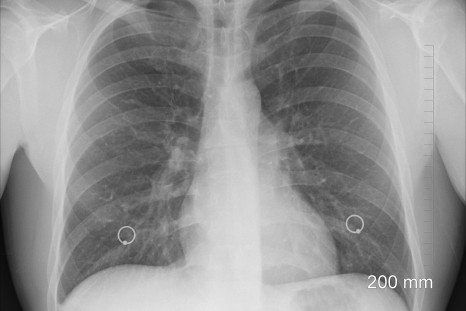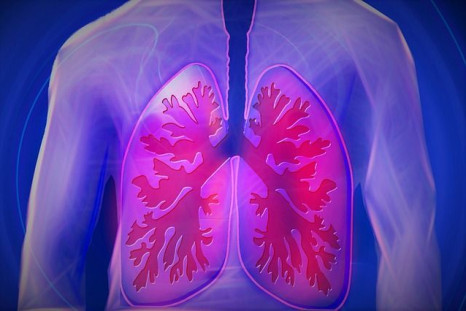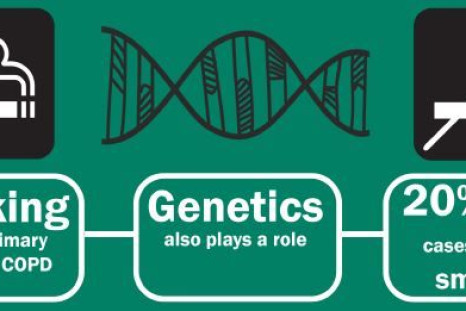Lung Cancer

Vitamin B Supplements Linked To Greater Lung Cancer Risk, But Only For Some
New research suggests that taking exceptionally high doses of vitamin B may increase the risk of lung cancer, but only for some groups. 
E-Cigarettes Vs. Pharmacotherapy: Why Nicotine Is Helping More Americans Quit Smoking
E-cigarettes found to help more Americans quit smoking with cessation rates rising to 5.6 percent from 2014 to 2015. 
Lung Cancer Treatment Research: Immunotherapy Drug Caused Less Severe Side Effects Than Chemotherapy
Certain lung cancer patients who were treated with the immunotherapy drug Nivolumab had less severe side effects than those treated with traditional chemotherapy. 
Damage Caused By Smoking Revealed By DNA Mapping; Technique May Explain Why Certain People Get Cancer
Researchers have pinpointed the damage that smoking does to the genome, a finding that may lead to better prevention and treatment techniques. 
Patients With Lung Cancer Have Highest Risk Of Committing Suicide, Plus These Three Other Cancer Types
A new study has found that individuals with lung cancer are 420 times more likely to commit suicide than people without cancer. 
Cancer Risks Of Eating GMO Corn With Glyphosate Vs. Smoking Cigarettes, According To Science
Assessing the possible carcinogenic properties of GMO corn or corn syrup, and cigarettes. 
COPD Risks 2017: Science Can Predict Your Odds Of Developing Deadly Lung Disease
Smoking puts you more at risk for developing a deadly lung disease, but your genes also play a huge role. 
Lung Cancer Prevention: Trigger For Squamous Cell Carcinoma Found, And Scientists Hope To Turn It Off
Researchers in Australia have uncovered the trigger for squamous cell carcinoma lung cancer, and hope to use the information to someday develop new treatments. 
Eat A Red-Food Diet To Reduce Lung Cancer Risk, Even If You Smoke: Red Peppers, Oranges, More
Researchers at Tufts University in Massachusetts have figured out why the pigment in brightly colored fruits and vegetables can reduce lung cancer risk in smokers. 
Can A Stressful Job Kill You? 5 Common Cancer Types Linked To Work-Related Stress In Males
Work-related stress may lead to an increased likelihood of five common cancers in men, such as lung cancer.



























